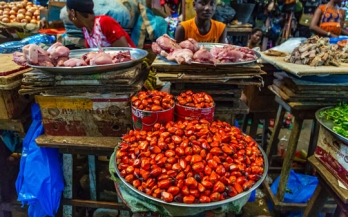


Fortification Assessment Coverage Toolkit (FACT) survey in Abidjan, Côte d’Ivoire
In 2014, a Fortification Assessment Coverage Toolkit (FACT) coverage survey was conducted in Abidjan, Côte d’Ivoire. The main objectives of the survey were to determine the coverage of the fortified complementary foods among children 6-23 months of age in Abidjan and identify the major barriers to coverage of this programme and to formulate recommendations for future programme activities.
Fortification assessment coverage toolkit (FACT)
- 01/01/2019
The FACT consists of a manual and 10 practical tools and templates that provides standardised methods for the collection, analysis, and synthesis of data on quality, coverage, and consumption of fortified foods across countries while allowing for adaptations to meet specific country needs and contexts.
Release of the Fortification Assessment Coverage Toolkit (FACT)
FACT provides standardised methods for the collection, analysis, and synthesis of data on quality, coverage, and consumption of fortified foods across countries while allowing for adaptations to meet specific country needs and contexts. Specifically, it provides step-by-step guidance on how to decide, design, and conduct a FACT survey.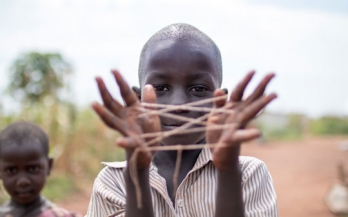
Development of simplified dietary assessment tools to inform the design of nutrition interventions
The goal of this study was to develop and test two methods of quantitative dietary assessment that are less technically challenging and less expensive to implement than the standard 24HR dietary recall procedure, but still capable of identifying nutrient gaps with acceptable precision.
Market assessment on the presence of vanapspati/ghee and cooking oil brands in Pakistan
This study present findings from a market assessment on the presence and fortification level of vitamin A in all major brands of edible oil and vanaspati sold in Pakistan and potentially exported to Afghanistan. The study was undertaken to inform technical and programmatic decisions to support effective food fortification.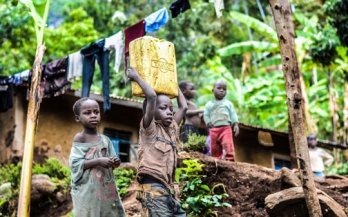
Development of simplified dietary assessment tools to inform the design of nutrition interventions
- 01/09/2017
The goal of this study was to develop and test two methods of quantitative dietary assessment that are less technically challenging and less expensive to implement than the standard 24HR dietary recall procedure, but still capable of identifying nutrient gaps with acceptable precision.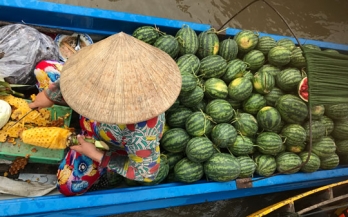
Using formative research to prevent micronutrient deficiencies in Vietnam
- 29/07/2016
The objective of this study was to examine knowledge, attitudes and perceptions of mothers and fathers of young children, as well as program stakeholders in Vietnam, toward a logo developed for the national fortification program.
Sustainability of market-based community distribution of Sprinkles in western Kenya
- 20/11/2012
This study evaluated the sustainability of market-based community distribution of micronutrient powders (Sprinkles®, Hexagon Nutrition, Mumbai, India) among pre-school children in Kenya.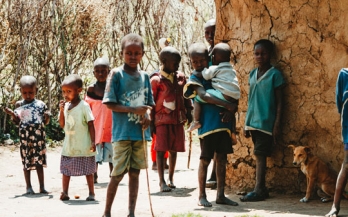
Micronutrient powder distribution through Maternal Neonatal and Child Health Weeks in Nigeria
- 14/07/2015
The objective of this study was to determine the feasibility of distributing micronutrient powders (MNP) for home fortification during biannual Maternal, Neonatal and Child Health Week (MNCHW) events, as a strategy to improve young child nutrition.